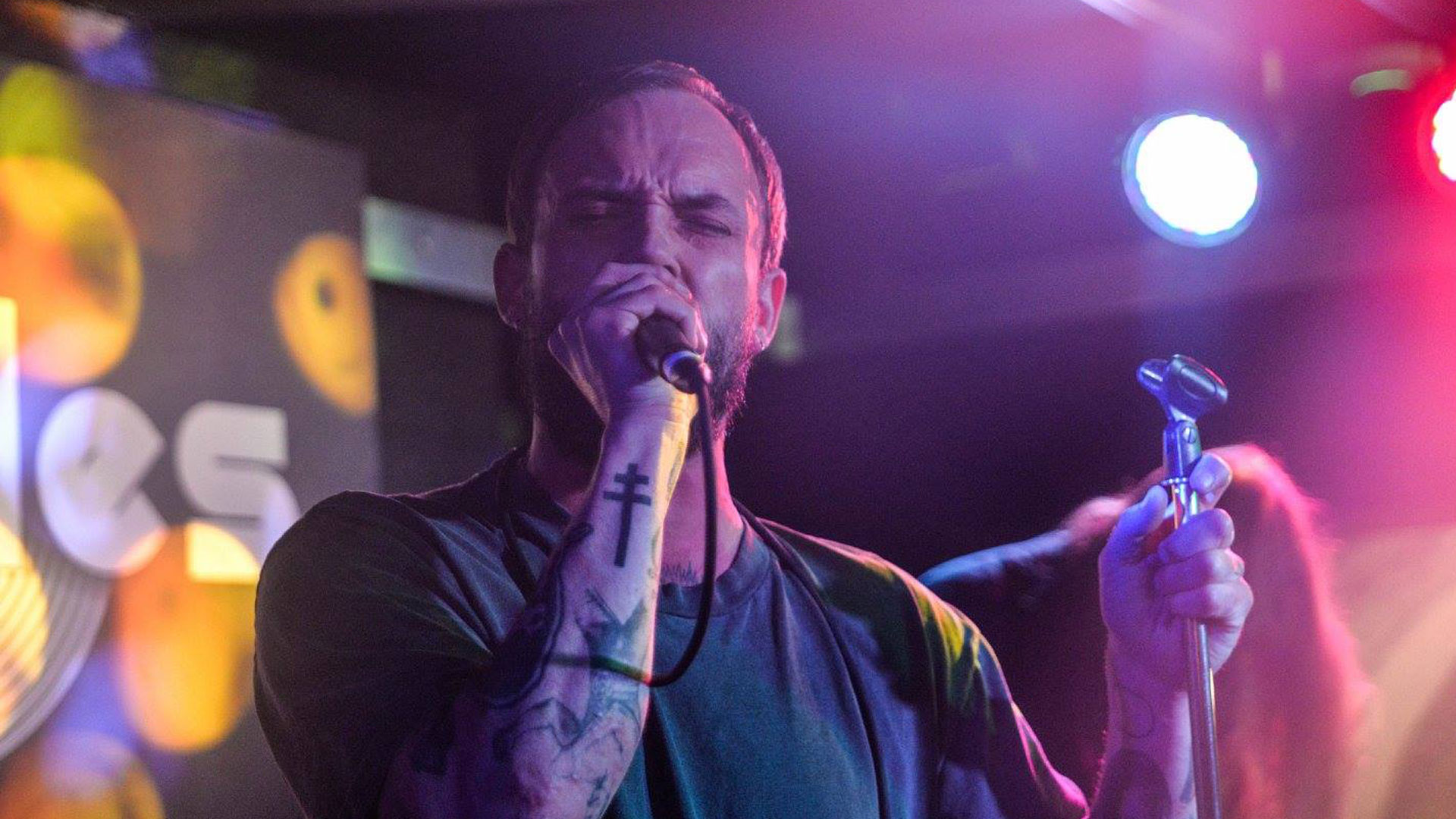Last year was the biggest ever for live music. Huge global tours from Beyoncé, Madonna, Elton John and Ed Sheeran brought in millions. Next year looks set to be another huge hitter – the luckiest of you may already be looking ahead to Taylor Swift, and speculation is rife that Adele will announce rare UK live dates.
Yet all over the UK, 2023 was brutal for grassroots music venues. We’ve lost at least 125 of these vital cultural institutions in the last 12 months – that’s at least one every single week.
Just a few weeks back, the iconic Moles in Bath – a stage that’s helped launched dozens of bands’ careers over the last 45 years, from Eurythmics to Oasis to Ed Sheeran – closed its doors for the last time. It was another gut punch in a year of devastation.
The Big Issue launched our Venue Watch campaign to fight for these spaces – the powerhouse of the music industry’s research and development. As Moles’ operations and programme manager Liam Baker told us: “Without us, there are no big venues, there are no big tours, there are no artists. They all started at places like this. We helped them hone their craft and build their skill.”
“I don’t think that large scale arenas have done enough to support grassroots venues,” Gemma Vaughan, director of sales and marketing at AO Arena in Manchester, Europe’s biggest indoor venue, admitted when challenged during The Big Issue’s panel at the Beyond the Music conference in Manchester back in October. “We have to support grassroots venues and musicians to help to feed our talent pipeline.”
In the last year, there have been some moves towards redistribution within live music. Halifax’s Piece Hall and Swansea Arena both launched schemes to support Music Venue Trust, the charity that represents and protects the sector – as did Ticketmaster and independent ticketing platform Skiddle. But it’s piecemeal.










